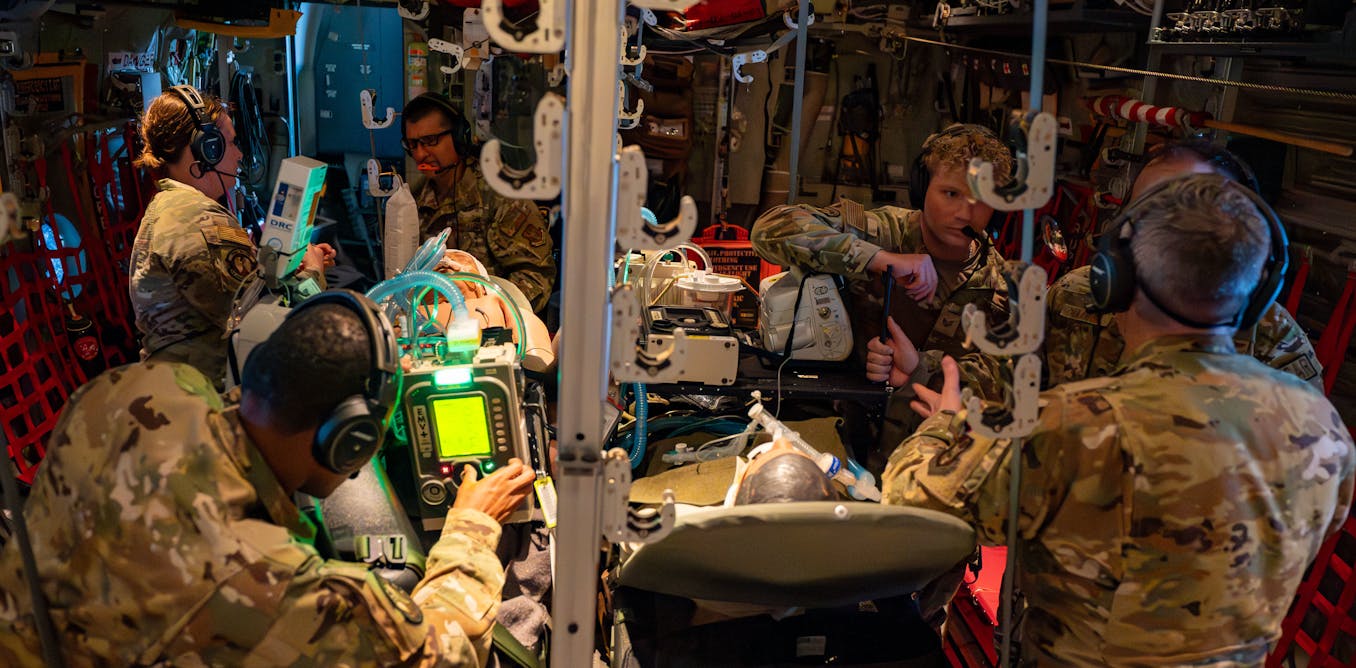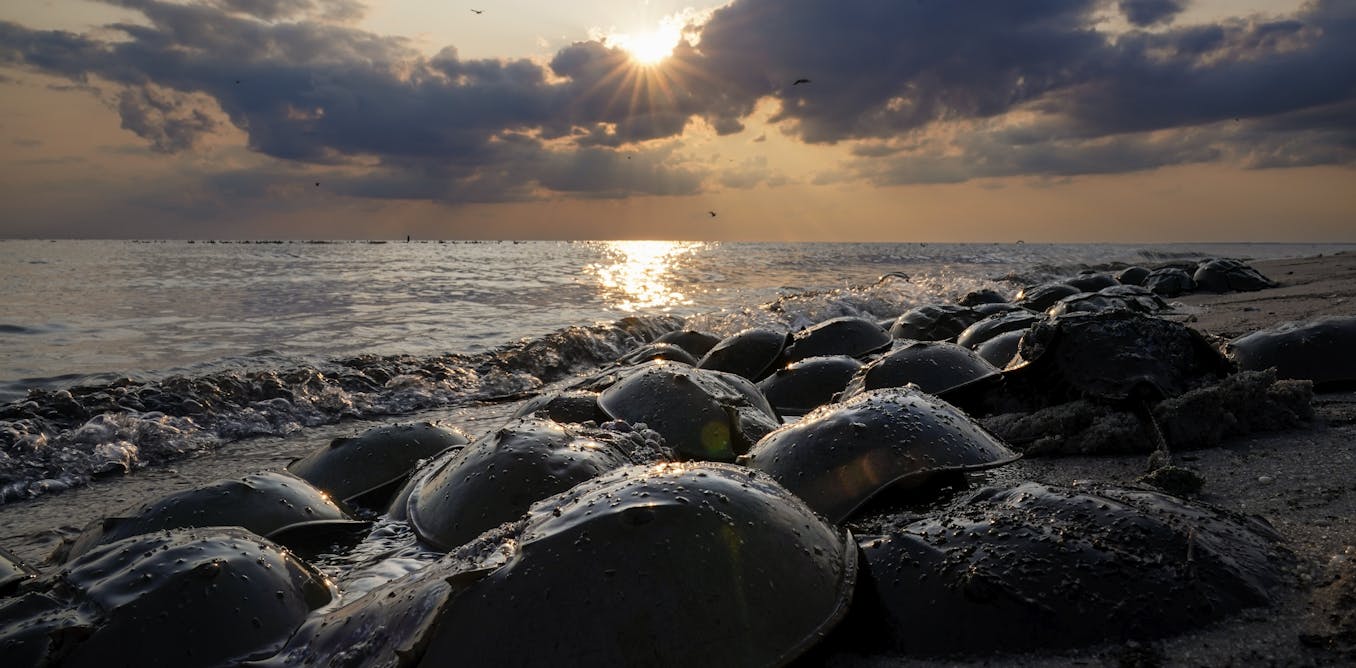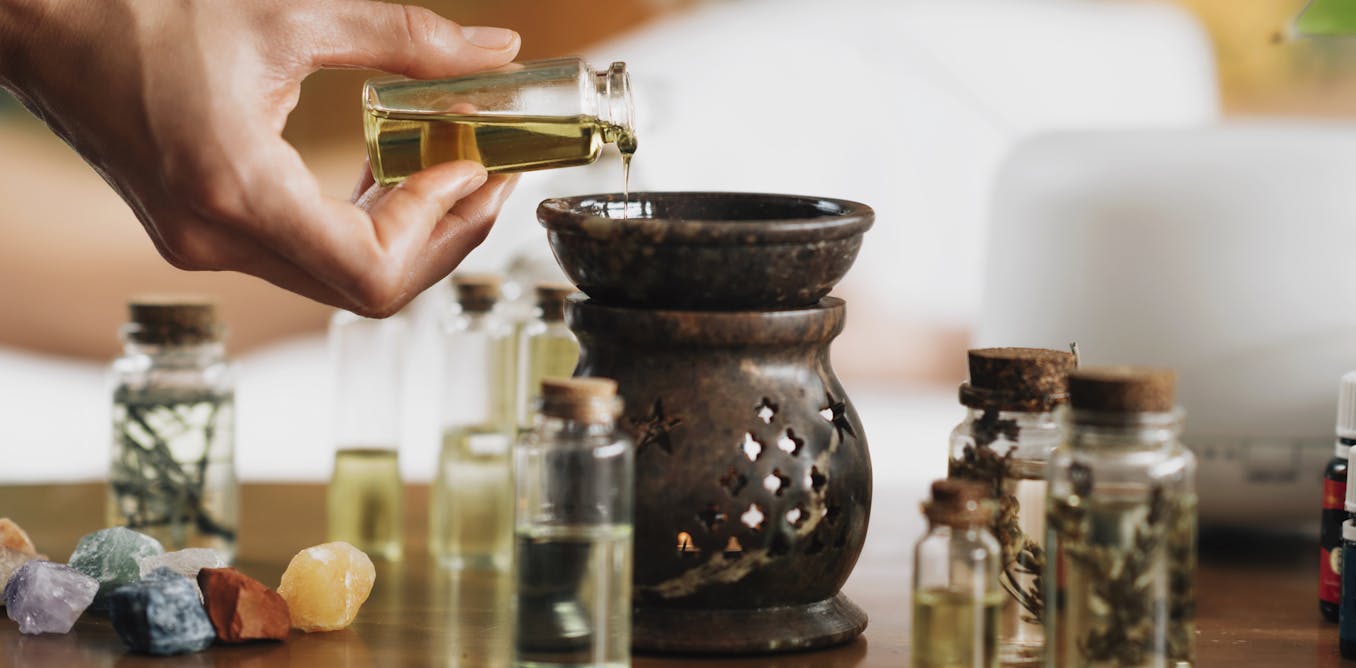How medical treatments devised for war can quickly be implemented in US hospitals to save lives
How much oxygen does the military need for wounded soldiers? Turns out not much. Military-civilian research is paving the way for new developments.
Feb. 19, 2025 • ~9 min








